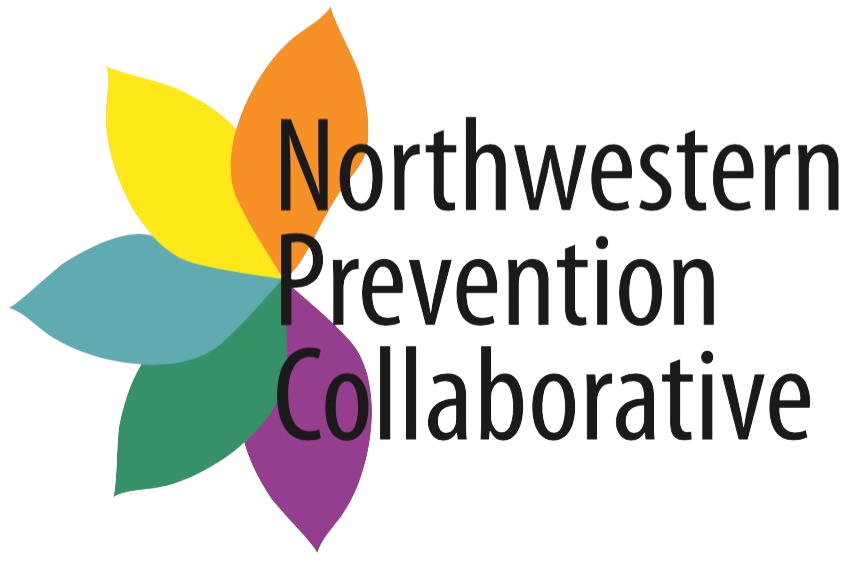As vaping continues to grow in popularity, THC (tetrahydrocannabinol) vape cartridges have emerged as a convenient and discreet method for consuming cannabis, especially among our youth. In other words, parents and teachers, it’s fairly easy for them to hide their use from you.
However, vape cartridges (also called “carts”) come with a range of health risks. From potential lung damage to the presence of harmful additives, THC vape carts pose significant dangers to our children—dangers we need to become familiar with, because these are not the same as the weed of days gone by.
Health Risks Associated with THC Vape Cartridges
1. Lung Damage and Respiratory Issues
One of the most alarming risks associated with THC vape carts is the potential for severe lung damage. In 2019, the Centers for Disease Control and Prevention (CDC) identified an outbreak of e-cigarette, or vaping, product use-associated lung injury (EVALI). The majority of these cases were linked to THC-containing products, particularly those obtained from suspicious sources. Symptoms of EVALI include coughing, shortness of breath, chest pain, nausea, and even respiratory failure in severe cases. While the COVID-19 pandemic overshadowed EVALI, a presentation at the American Thoracic Society 2024 International Conference in San Diego concluded that it is an ongoing concern, and recommended that it continue to be treated as a public health crisis.
2. Presence of Harmful Additives
Many THC vape carts contain additives such as vitamin E acetate, which is often used as a thickening agent. While safe for use in topical and oral applications, heating and inhaling vitamin E acetate can cause significant harm to the lungs. In fact, this compound was strongly linked to the EVALI outbreak. Let’s face it, some things are not meant to be heated and inhaled.
3. Chemical Exposure
Speaking of heating and inhaling…when THC oil is vaporized, it can produce toxic byproducts. These can include carbonyl compounds like formaldehyde (which is used for embalming dead bodies) and acrolein (an herbicide), which are known to irritate the respiratory system and have carcinogenic properties. Additionally, the heating elements in vape devices can release heavy metals such as lead and nickel into the vapor, further increasing the risk of lung damage and other health issues. (And this is true for “regular” vapes as well, not just those containing THC!)
Lack of Regulation
The cannabis industry is constantly modifying products to get around FDA regulations, constantly creating and taking advantage of loopholes. This results in a lack of oversight, which means that cartridges can sometimes contain harmful contaminants, leading to potential health risks. The lack of oversight can also result in inaccurate levels of THC, leading to excessive and dangerous amounts being inhaled.
Psychological and Addiction Concerns
1. Increased Potency and Addiction Risk
THC vape cartridges often contain highly concentrated forms of THC, which can be significantly more potent than traditional cannabis. The weed of thirty or forty years ago had a potency level of 3%. Today’s carts can consist of up to 99% THC. This tremendously increased potency can lead to a higher risk of dependence and addiction, particularly among youth. The rapid onset of effects from vaping the THC can also contribute to more frequent use and higher doses, further increasing the risk of dependency and even addiction.
2. Mental Health Impacts
High doses of THC can have negative effects on mental health, including a decrease in motivation and an increase in anxiety, paranoia, and in some cases, psychosis (the symptoms of which include hallucinations and delusions). Regular use of high-potency THC products has also been linked to an increased risk of developing cannabis use disorder and other mental health issues, particularly in individuals with a predisposition to mental illness. This includes schizophrenia, increased depression among those who already have depression, and suicidal ideation.
Conclusion
As parents, we must learn about the potential dangers of using THC vaping carts and discuss them with our children. We need to have open, honest conversations, conduct research together, and ensure our children know that we are always there for them. We should help them learn positive coping skills, build resilience, and empower them to make healthy decisions.
For more information:
Vaping Hospitalizations Remained High Even After CDC Stopped Tracking EVALI; 5/23/2024. https://www.pulmonologyadvisor.com/reports/vaping-evali-hospitalizations-high/
The Risks of THC Oil: What to Know About Addiction, Treatment, and Recovery; 6/10/2024. https://www.verywellmind.com/what-you-need-to-know-about-vaping-thc-oil-506992
Young vaper who required double lung transplant shares warnings as e-cigarette sales rise; 5/16/2024. https://www.msn.com/en-us/health/other/young-vaper-who-required-double-lung-transplant-shares-warnings-as-e-cigarette-sales-rise/ar-BB1mwfC1
Doctors show how vaping THC damages lungs, as illnesses rise nationwide; 10/24/2019. https://www.nbcnews.com/health/vaping/doctors-show-how-vaping-thc-attacks-lungs-illnesses-rise-nationwide-n1071161

